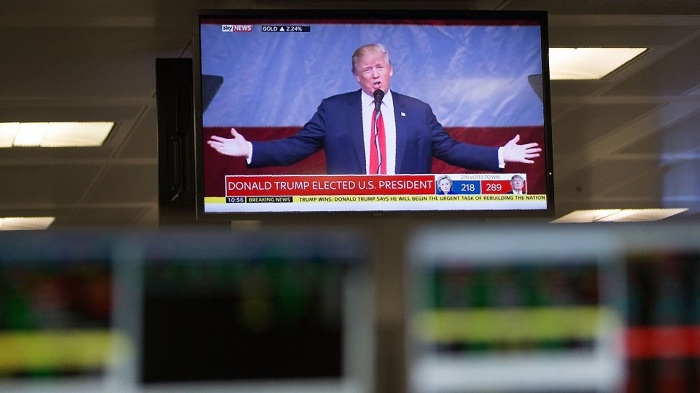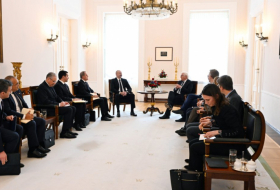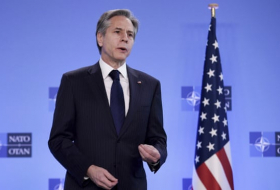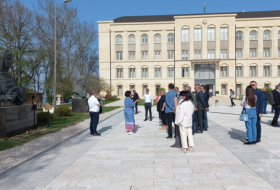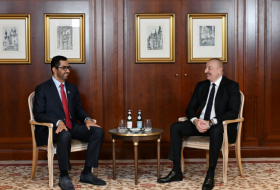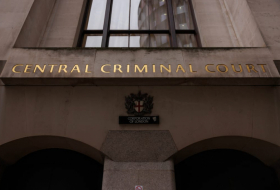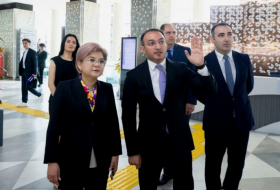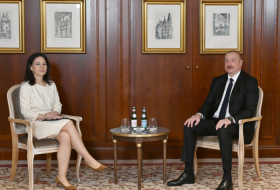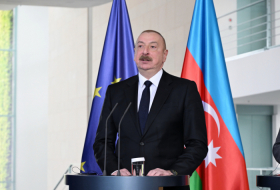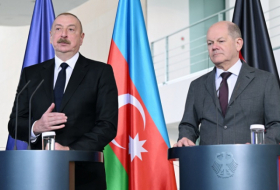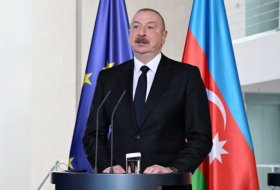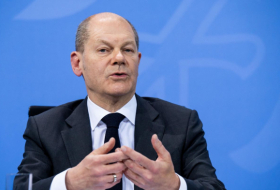Weaker libel protections
“Believe me, if I become president, oh, do they have problems,” Trump said at a rally in February, referring to media companies. “They`re gonna have such problems. ... I`m going to open up our libel laws, so when they write purposely negative and horrible and false articles, we can sue them and win lots of money.”
More recently, in October, Trump said he wants U.S. libel standards to mirror those of England, which are much lower.
Changing libel standards would be difficult but not impossible, and would not necessarily require a new law. For decades, American journalists have been protected by a legal standard known as “actual malice,” meaning they can only lose a libel suit brought by a public figure such as Trump if a court finds that “a statement was made with knowledge that it was false or with reckless disregard of whether it was false,” according to the Legal Information Institute at Cornell University Law School.
In other words, journalists in the United States cannot be found guilty of libel if they make honest mistakes; in England, they can. The “actual malice” standard exists so that news outlets can act as watchdogs without constantly fearing financial ruin resulting from errors made in the act of good-faith reporting.
But “actual malice” is not written into law; it is merely a precedent set by a 1964 Supreme Court case.
As president, Trump will have the power to nominate at least one — and possibly several — Supreme Court justices. If he alters the court`s ideology, Trump could, in theory, create the conditions for a long-standing libel protection to be overturned.
Less access to the president
As a candidate, Trump ignored the norms of media accessibility. For months, his campaign maintained a blacklist of news outlets (including The Washington Post) to which it refused to grant event credentials.
Trump never opened up portions of fundraisers to the media, as Mitt Romney and Barack Obama did. Trump refused to allow a protective media pool to follow his every move, something Romney, Obama, John McCain and George W. Bush all permitted.
Trump went so far as to block his media corps from traveling with him on the same airplane — and wouldn`t even pose for an end-of-campaign photo with the reporters who covered him, as is customary.
Trump did not agree before Election Day to allow a protective pool if elected, prompting the White House Correspondents Association to write a letter condemning what it said would be a “serious breach of historical precedent and First Amendment responsibilities.”
Reduced funding for public media — or maybe none at all
Trump did not campaign on defunding NPR and PBS. But the idea has long been popular among Republicans, as Politico explained in 2010:
Republicans have been trying to strip government subsidies from public broadcasting almost since the inception of the Corporation for Public Broadcasting in 1967.
Then-House Speaker Newt Gingrich`s efforts in the mid-1990s to “zero out” funds for public broadcasting may have been the most memorable battle, but Presidents Ronald Reagan and Richard Nixon went after the subsidies during their administrations too. President George W. Bush tried to cut funds to public broadcasting every year he was in office.
In 2011, the House passed a bill that would have slashed federal funding for the Corporation for Public Broadcasting and blocked the flow of taxpayer dollars to NPR.
The big difference between then and 2017 is that Republicans will control the White House and both chambers of Congress next year. Public TV and radio have other funding sources that could likely sustain them without federal money, but if the GOP wants to take away dollars, President Trump gives the party its best chance yet.
Less trust, less money
The relationship between a president and the media is always somewhat adversarial, but most occupants of the Oval Office manage to show a grudging respect for the importance of a robust, rigorous press. In March, for instance, President Obama praised Robin Toner`s “commitment to seeking out and telling the truth” at a ceremony for an award named in the late New York Times reporter`s honor.
She would not stand for any stray mark that might mar an otherwise flawless piece — because she knew the public relied on her to give them the truth as best as she could find it.
Of course, these qualities were harder to appreciate when her lens was focused on you. She held politicians’ feet to the fire, including occasionally my own. And in her quiet, dogged way, she demanded that we be accountable to the public for the things that we said and for the promises that we made. We should be held accountable.
It is hard to imagine a President Trump sending the same kind of message. On his final day of campaigning, Trump told supporters it is “good news” that “the Times is going out of business pretty soon” (not true) while the crowd chanted “CNN sucks!”
A few weeks earlier, Trump told voters to “forget the press; read the Internet.”
The media business is tough. But the next president is a man who actively undermines trust in journalism and roots for the demise of major publications. That can`t help.
/Washington Post/
More about:








